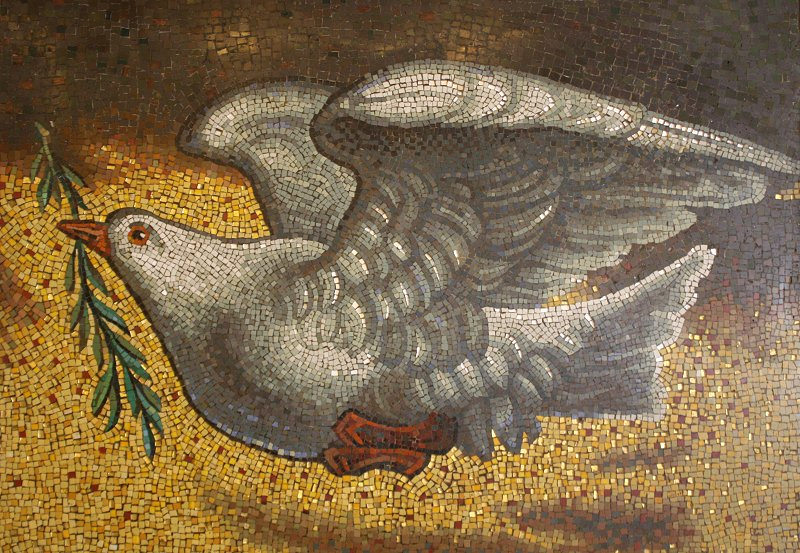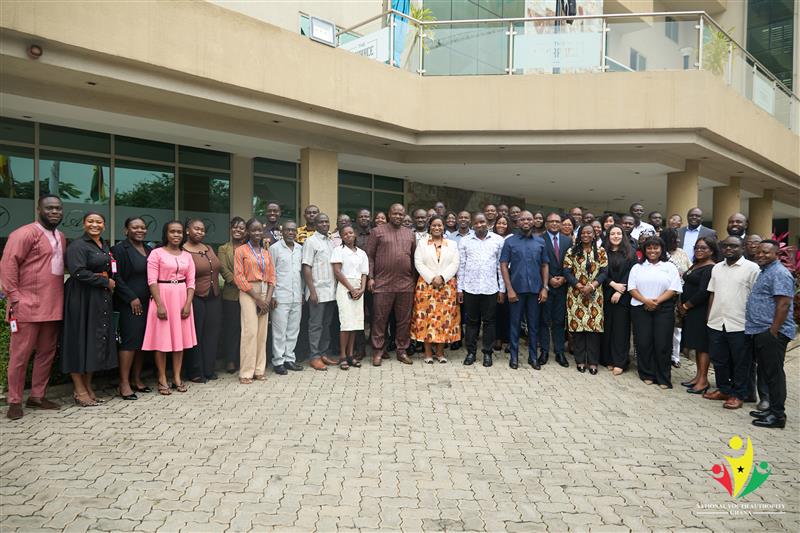Trinbagonian thoughts on peace
May 6By Terez Lord and Rashala Joseph
Commonwealth Youth Peace Ambassadors Network, Trinidad and Tobago Chapter
Experiences are diverse among cultures, across spaces and people. A person’s interpretation of ‘peace’ is guided by the experiences they have endured. Like the interviewed youths of Trinidad and Tobago, the concept of peace is dynamic but very promising. CYPAN Trinidad and Tobago ventured to explore the ideas of conscious minds on the subject.
Peace can be described as a period in which circumstances and life are governed by tranquillity. Trinbagonians have centred their thoughts about peace on intrapersonal serenity, relational harmony and collective unity. According to CYPAN Country Coordinator, Terez Lord, peace is the education on acceptation of respect for varying philosophies and ideologies, manifested in a way that holds the law of reciprocity – do onto others as you would have them do onto you – in high esteem.
Peace is firstly internal (Muhammad Muwakil). As human beings strive to become better versions humanly, they must inwardly seek complete serenity spiritually. If we must emanate peace to our fellow men, Trinbagonians believe that one must have a vertical connection with God. Devoid of such a connection, life becomes chaotic and difficult to accomplish peaceably. Firstly, peace must be sought by every man internally which, in turn, would lead to freedom for that man’s mind and spirit (James Saunders).
Human beings have limited control over their physical forms, immediate environments and their neighbour’s actions. Correspondingly, one Trinbagonian believes that he should not be judged based on where he came from or his appearance, both of which he cannot control (Francis Henry). It is understood that sticks and stones break bones, but words can torment the most peaceful man.
Peace arrives when there is human unity (Santusha Jurawan), extending further than the implementation of policies. One must emphasise the need for humans to be their brother’s keeper (Candice Campbell). Evidently, peace is a sign of strength (Sherese Baptiste); one would require it to unite with others who are completely different. The establishment of intrapersonal serenity, relational harmony and collective unity does not eliminate the possibility that conflict would arise. It ensures that when it does, it is handled with integrity that would be governed by peace.
photo credit: donsutherland1 Dove of Peace via photopin (license)




